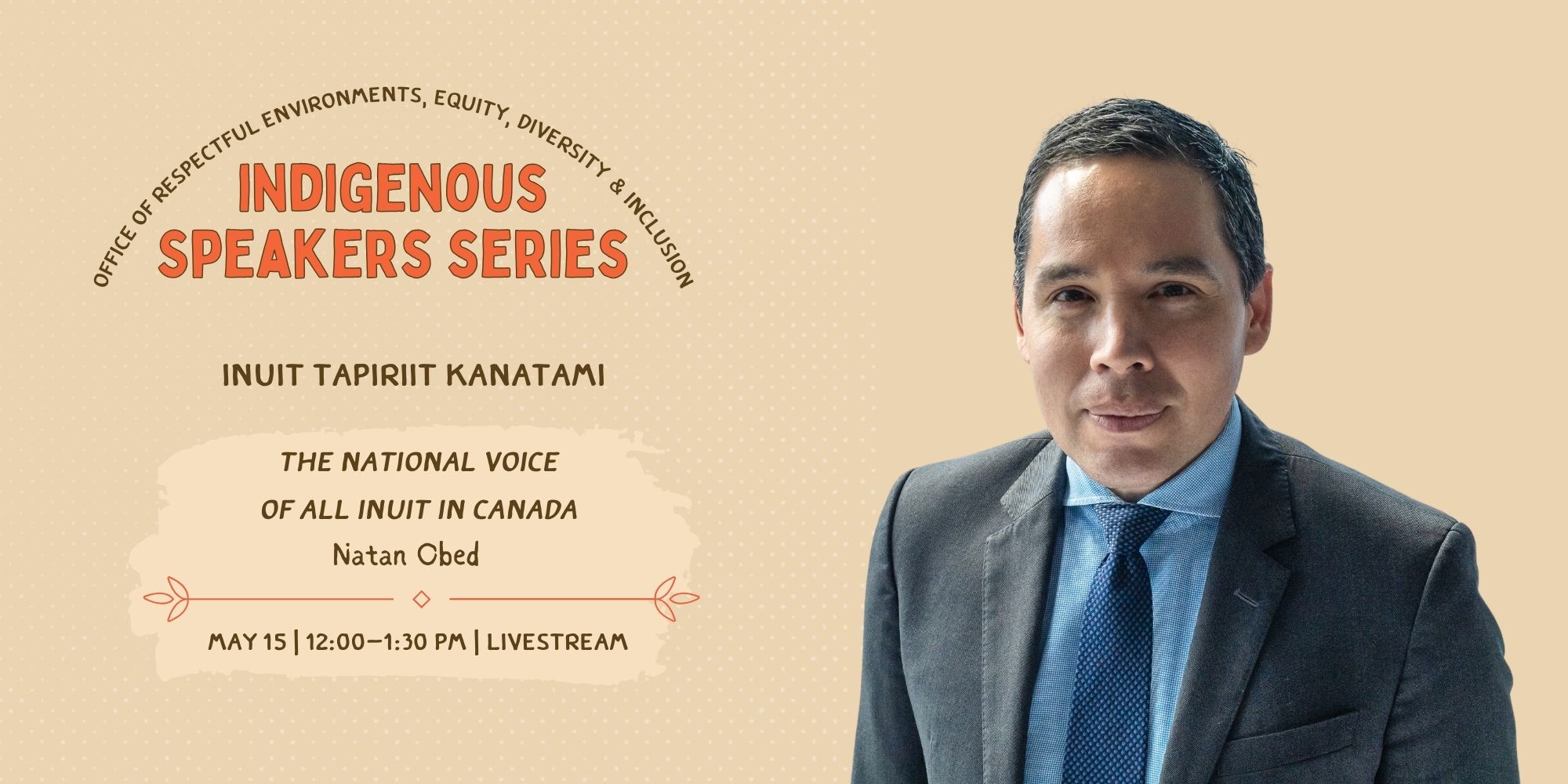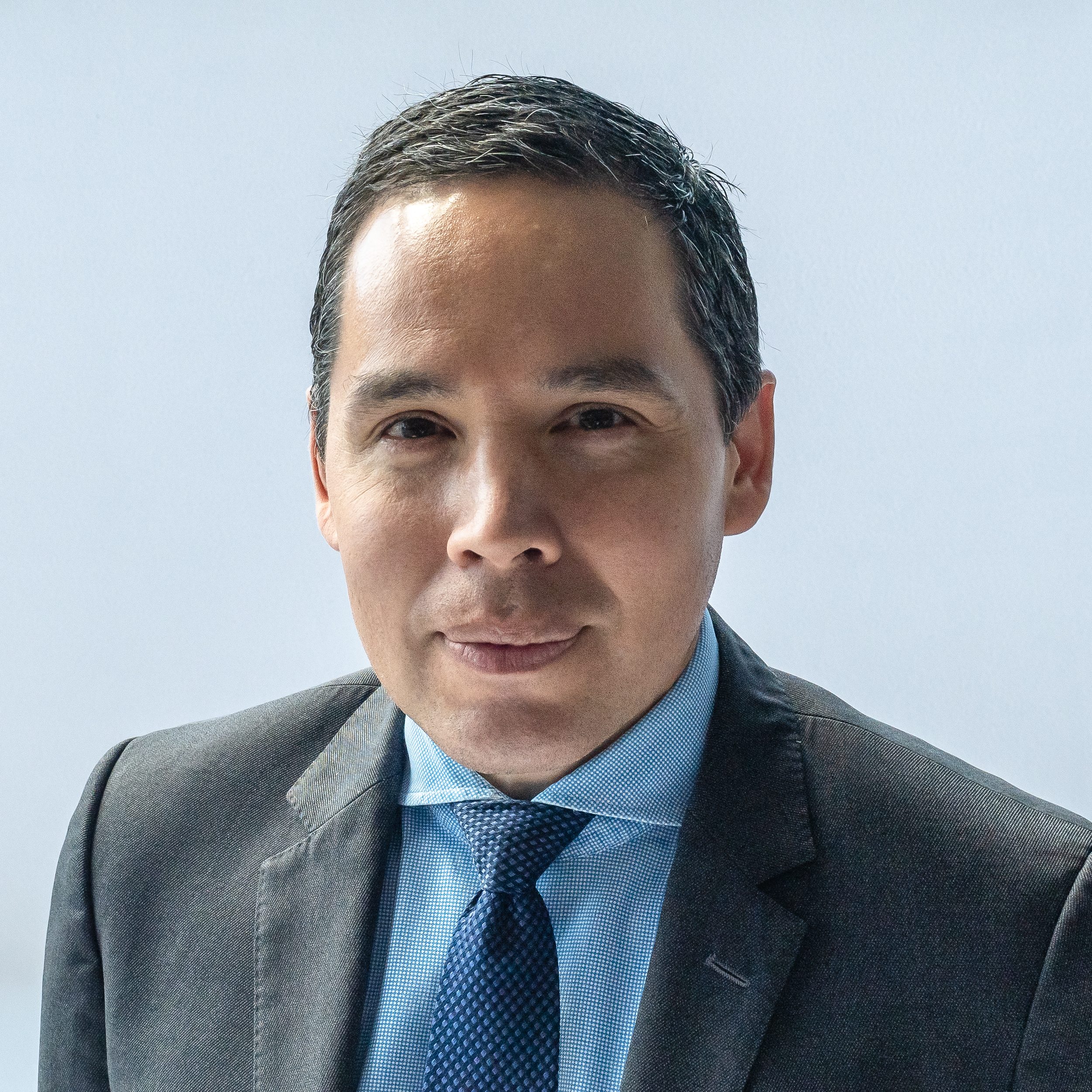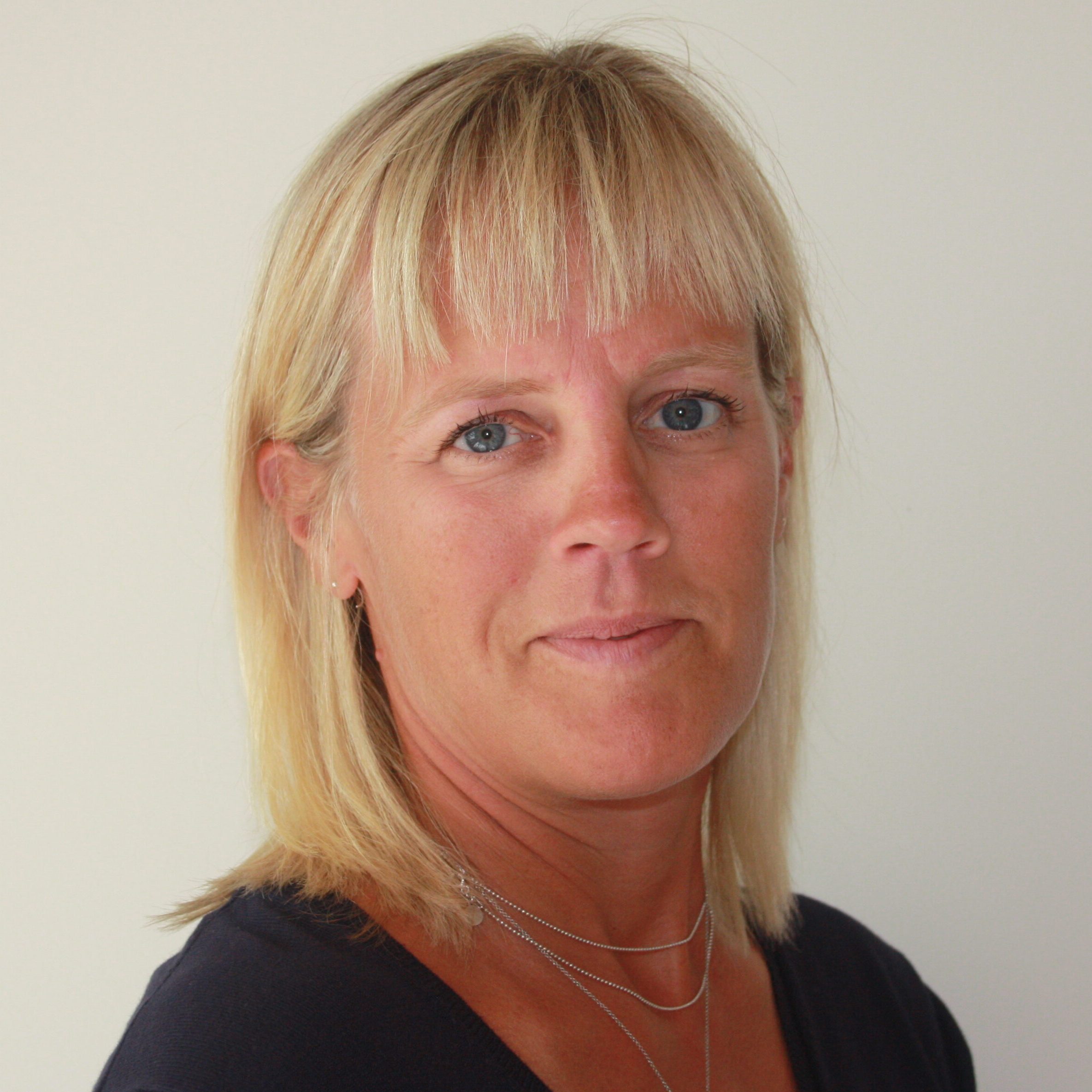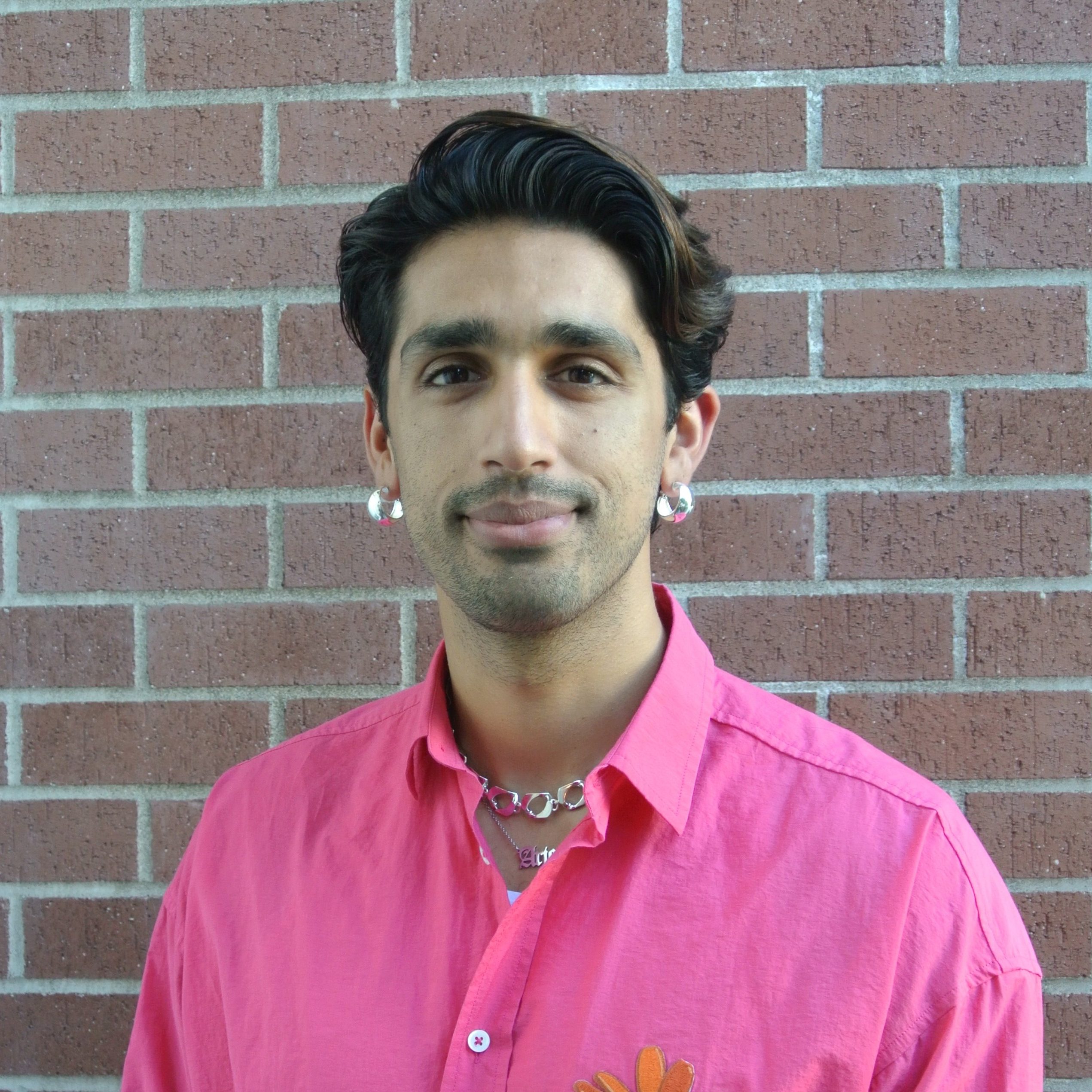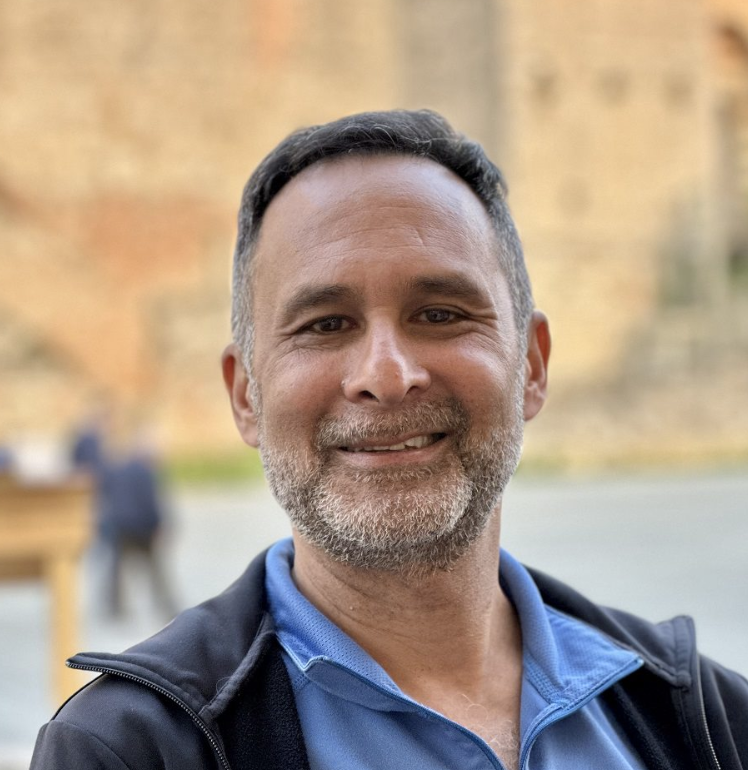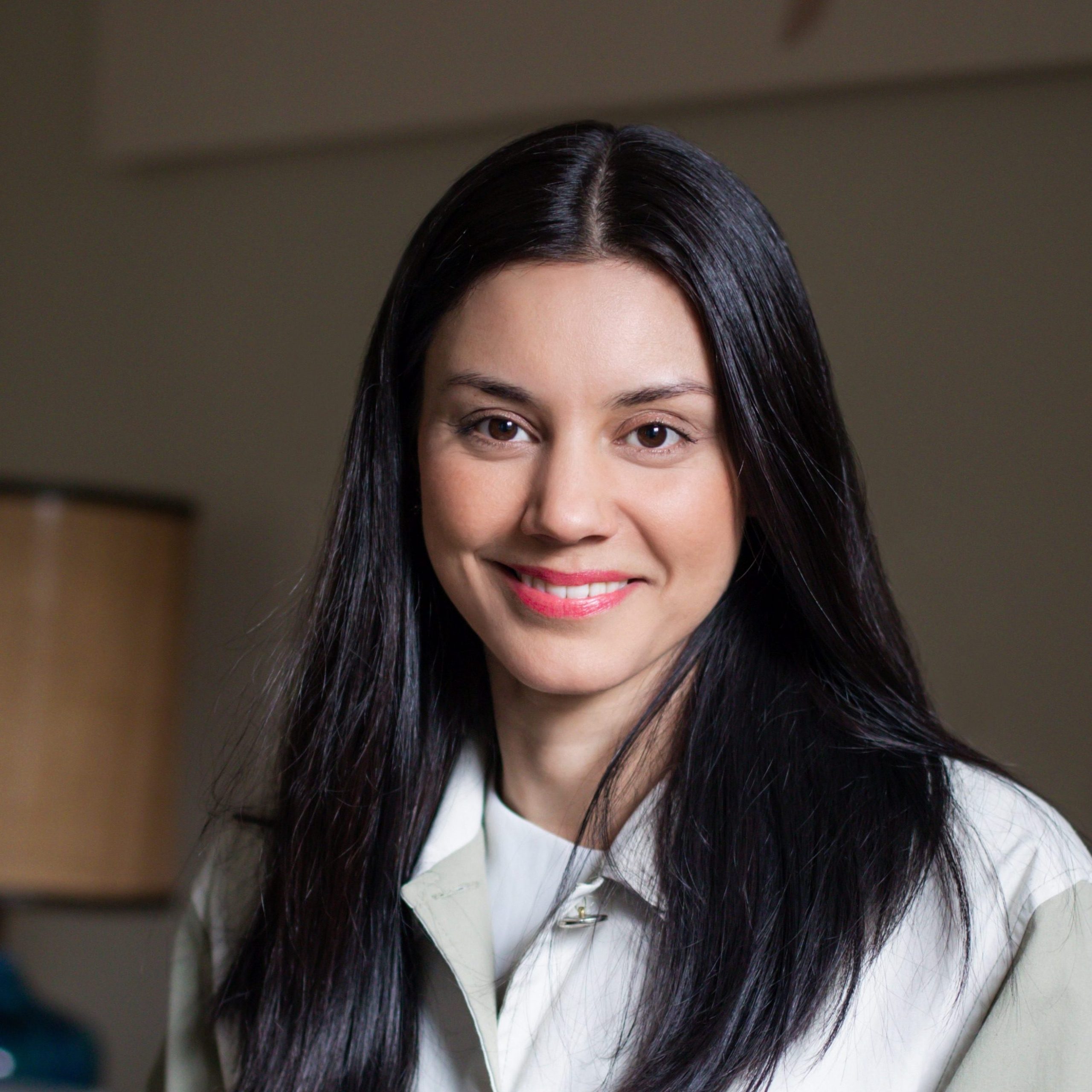EDI Joint Interest Group
The EDI Joint Interest Group is a network for equity leads, EDI champions or any staff or faculty responsible for advancing or leading EDI initiatives in their unit, department, school or program. We meet monthly to discuss topics of interest.

Are you a faculty or staff member leading equity, inclusion, decolonization, and Indigenization initiatives within your unit? Would you benefit from a community of practice to discuss common challenges you face in your role? Join our monthly EDI Joint Interest Group or Drop in for a Session. Please click on the meeting titles below to learn more and register to receive the Zoom link for a particular session.
Subscribing to the EDI-JIG listserv
You can subscribe to the EDI-JIG listserv to receive communications for all upcoming sessions. To subscribe, email LISTSERV@LISTS.UBC.CA with “subscribe EDI-JIG@LISTS.UBC.CA” in the body of your email. If you have joined our mailing list previously, you will automatically be added to our new listserv. You can unsubscribe at any time.
Upcoming EDI Joint Interest Group Monthly Topics:
2024-2025 Sessions
Calling In vs. Calling Out: Navigating Accountability with Compassion with Mary Kostandy
June 2nd, 2025, Session time: 1:00-2:30 PM PT (Zoom)
In the lead-up to the June 10 symposium featuring Loretta Ross—author of Calling In—as our keynote discussant, this upcoming EDI JIG session will explore the difference between calling in and calling out.
Guest Speaker:

Mary Kostandy, PhD (she/her),
Digital Content and Engagement Strategist, REDI
Mary is the Digital Content and Engagement Strategist in the Faculty of Medicine Office of Respectful Environments, Equity, Diversity and Inclusion. Mary brings to this role her education and work experience, which lie at the intersection of Computer Science, Education, and Social Justice. She has a PhD in Educational Studies from UBC. Her doctoral research followed a digital movement of Egyptian teachers on Facebook using a social justice lens to analyze teachers’ calls for moral, material and legal justice. Mary’s MA is in International and Comparative Education, and her BSc is in Computer Science, both from the American University in Cairo (AUC), Egypt. Mary has extensive teaching experience. She worked as a sessional instructor in the UBC Faculty of Education Teacher Education Program (BEd) where she taught several courses including “EDST 401: Ethics and Teaching,” “EDST 403: Education, Knowledge and Curriculum,” “EDST 401: Education, School, and Social Institutions,” and “EPSE 310A: Assessment and Learning in the Classroom.”
Besides teaching, Mary led the Diverse Career Paths of Educational Studies (EDST) Alumni initiative which aimed to expand the notion of inclusion to include diverse career pathways. As the PI, Mary worked with a team of faculty, staff, students and alumni to draw on Educational Studies alumni’s career experiences to support graduate students in exploring diverse careers.
Fostering Inclusive Admissions in PGME with Special Guests Rebecca Howse, Rose Hatala & Saleem Razack
May 12th, 2025, Session time: 12:30-2:00 PM PT (Zoom)
Rebecca Howse, Rose Hatala, and Saleem Razack, REDI Senior Faculty Advisor, will join us for an informal and candid conversation facilitated by Maï Yasué, REDI Associate Director. We’ll explore inclusive practices in PGME admissions. Dr. Hatala will also share insights from her work in onboarding and supporting Indigenous fellows.
Guest Speakers:

Rebecca Howse (She/They), MD, CCFP,
Indigenous Health Curriculum Lead, UBC, Undergraduate Medical Education;
Anti-Racism, Equity, Diversity and Inclusion, Faculty Co-Lead, UBC PGME;
Family Physician, PCFSA Westshore Community Health Centre;
Addictions Physician and Pathway Co-Lead, FNHA Virtual Substance Use and Psychiatry Program

Rose Hatala (She/Her), MD, MSc, FRCPC,
Professor, Department of Medicine;
Director, Clinical Educator Fellowship, UBC;
Director, MHPE-Canada, Centre for Health Education Scholarship, UBC;
Former Associate Program Director, Internal Medicine Residency Training
Experiences Embedding the Indigenous Strategic Plan into FoM Units with Katherine Wisener, and Jennifer McKay
April 14th, 2025, Session time: 1:00-2:30 PM PT (Zoom)
Katherine Wisener, Associate Director, Faculty Development, and Jennifer McKay, Instructional Designer, Faculty Development will share their experience integrating the Indigenous Strategic Plan into their unit. Maï Yasué, REDI Associate Director and session facilitator, will invite participants to discuss and reflect on experiences from their own units.
Guest Speakers:

Katherine Wisener, PhD (she/her),
Associate Director, Faculty Development
Katherine holds a PhD in Health Professions Education through Maastricht University where her research focused on how health professions programs can effectively support and motivate faculty who teach. She also holds an MA from UBC’s Faculty of Education. She is inspired by the thousands of faculty members who go above and beyond to teach learners in UBC’s Faculty of Medicine, and is passionate about providing meaningful supports to help recognize their teaching efforts.
While “spare time” is rare with two young active sons, she loves trail running in BC’s beautiful mountains.

Jennifer McKay (she/her),
Instructional Designer, Faculty Development
Jennifer is an Instructional Designer with the Office of Faculty Development at UBC. She holds a B.A. in Socio-Cultural Anthropology and Sociology from the University of Toronto, and is currently pursuing her Master’s in Educational Technology (MET) at the University of British Columbia to explore her passions for eLearning, open-education, and incorporating Indigenous ways of knowing into course design. Her professional background includes program management, event coordination, and visual design. Jennifer strives to develop engaging, technology-enhanced learning resources for faculty development and health education through inclusive instructional design. Outside of her professional and academic pursuits, Jennifer enjoys video games, cooking, and making art.
Tough Times for EDI Work: Finding Opportunities in these Troubled Times with Special Guests Minelle Mahtani & Saleem Razack
March 10th, 2025, Session time: 1:00-2:30 PM PST (Zoom)
Minelle Mahtani, Chair of Canadian Studies, & former Senior Advisor to the Provost on Racialized Faculty, and Saleem Razack, REDI Senior Faculty Advisor, will join us for an informal and candid conversation facilitated by Maï Yasué, REDI Associate Director. We’ll discuss the challenges of doing EDI work, and explore strategies and approaches that can help us work toward creating change, practice self-care, and find ways to keep moving forward.
Pre-reading: How to Quit Your EDI Job in 10 Easy Steps by Minelle Mahtani
Human Rights and Systems Reform: Lessons Learned from Hale v UBCO with Special Guest Dylan Robinson
Feb 3rd, 2025, Session time: 1:00-2:30 PM PST (Zoom)
Dylan Robinson, Investigations Office, will share lessons learned from Hale v UBCO.
Please note that, due to unforeseen circumstances, Carly Stanhope, Director of Investigations, will no longer be able to join as a guest speaker.
Q&A on the Learner Mistreatment Process
January 13th, 2025, Session time: 1:00-2:30 PM PST (Zoom)
Maï Yasué, REDI Associate Director, and Robyn Campol, REDI Learning Environment Advisor, will co-facilitate a session on demystifying the Learner Mistreatment Process. In this session, they will share updates made to the Learner Mistreatment website and outline the most recently revised learner mistreatment process. They will address questions such as: What is the learner mistreatment process? How do learner disclosures contribute to a more inclusive learning environment? How do the roles of faculty, staff, and leaders intersect with this process? There will also be time to for questions and concerns from units about the process.
Supporting Connection, Capacity, and Choice During Challenging Disclosures
December 16th, 2024, Session time: 1:00-2:30 PM PST (Zoom)
Maï Yasué, REDI Associate Director, and Madison Tardif, REDI Equity Advisor, will co-facilitate a session on how EDI leads, faculty, staff, and learners can support individuals seeking guidance in navigating challenging interpersonal situations related to equity, inclusion, decolonization, and Indigenization. The session will explore strategies to validate experiences, de-escalate situations, and empower individuals to consider the range of options available to them.
EDI in Research
November 18th, 2024, Session time: 1:00-2:00 PM PST, Office Hours: 2:00-2:30 PM PST (Zoom)
Maï Yasué, Associate Director, REDI, will facilitate a session on how to go beyond merely checking off a “diversity statement” and instead embed principles of equity, justice, decolonization, Indigenization, and inclusion into every stage of the research process—from formulating research questions to sharing results. Discover actionable strategies to embed EDI principles meaningfully in your work, ensuring that your research is inclusive and reflective of these principles.
Pre-reading | REDI Best Practices: Embedding EDI in Research
Postponed to the Spring: Human Rights and Systems Reform: Lessons Learned from Hale v UBCO
Original Date: October 21st, 2024, Session time: 1:00-2:00 PM PST (Zoom)
This event has been postponed to the Spring. There is no session in October.
Carly Stanhope, Director of Investigations, Investigations Office, will share lessons learned from Hale v UBCO.
Departmental EDI Committees: Navigating Tensions and Opportunities
September 16th, 2024, Session time: 1:00-2:00 PM PST, Office Hours: 2:00-2:30 PM PST (Zoom)
Maï Yasué, Associate Director, REDI, will facilitate a session on the scope of departmental EDI Committees and provide a platform for sharing lessons learned from their initial years of operation. Whether you’re just starting out or have a well-established committee, this session is your chance to engage, and ask questions. Members of newer EDI committees will benefit from guidance on early challenges, while members of experienced EDI committees can share their insights and secrets to success.
Trauma-informed practices
August 12th, 2024, Session time: 1:00-2:00 PM PST, Office Hours: 2:00-2:30 PM PST (Zoom)
Madison Tardif, Equity Advisor, REDI will lead a session on trauma informed practices.
Facilitating short EDI sessions for your team
July 8th, 2024, Session time: 1:00-2:00 PM, Office Hours: 2:00-2:30 PM PST (Zoom)
Maï Yasué, Associate Director, REDI, will provide “train-the-trainer” support for the EDI leads within units to facilitate 5-10 minute EDI speed lessons for their units or teams. This could be suitable for the start of grand rounds, faculty, or team meetings and will help you embed EDI into your regular practices. For topic examples, refer to REDI Best Practices, REDI Grab ‘n’ Gos, and REDI Deep Dives.
Optional office hours after the session provides an opportunity to stay longer and ask questions in smaller group settings.
2023-2024 Sessions
Tips and tricks for managing power dynamics in meetings
June 10th, 2024, Session time: 1:00-2:00 PM, Office Hours: 2:00-2:30 PM PST (Zoom)
Maï Yasué, Associate Director, REDI, will lead a session on inclusive chairing practices designed to mitigate power imbalances and enhance accessibility.
Optional office hours after the session provides an opportunity to stay longer and ask questions in smaller group settings.
Strategies to motivate members of dominant groups to action EDI
May 13th, 2024, Session time: 1:00-2:00 PM, Office Hours: 2:00-2:30 PM PST (Zoom)
Maï Yasué, Associate Director, REDI, will facilitate a discussion on strategies for fostering autonomous motivation—behaving because one truly values and identifies with the behaviour, or finds it inherently satisfying—which is crucial for inspiring lasting change. In this session, we will explore key principles that can drive behavioural change in a self-sustained manner, even without external rewards or pressure.
Optional office hours after the session provides an opportunity to stay longer and ask questions in smaller group settings.
Q&A Session
April 22nd, 2024, 1:00-2:00 PM (Zoom)
Maï Yasué, Associate Director, REDI, will facilitate an open-ended session featuring a Q&A format and small group discussions. Participants will have the opportunity to meet and exchange ideas and questions on various previously covered topics, including admissions, faculty hiring, conflict engagement, creating inclusive environments for historically marginalized groups, and tips for engaging others in EDI initiatives, as well as initiating action within EDI committees.
De-escalating intergroup conflicts
March 11th, 2024, 1:00-2:00 PM (Zoom)
Arun Mohan, Director of Human Rights at the Equity & Inclusion Office, will help answer questions about what EDI leads and unit heads can do to de-escalate intergroup conflict and provide support when there are global events and tragedies that affect the learning and work environments.
Continuing our conversation on “inclusive excellence,” how do we pursue it in our hiring and recruitment processes?
Feb 12th, 2024, 1:00-2:00 PM (Zoom)
Questions that we might address include: How can we inclusively and equitably adjudicate excellence in hiring, selections, and award decisions? What are the most important changes in procedures that we can make to foster more inclusive and equitable selection processes? How do we best frame these changes in process or criteria to avoid backlash and support historically marginalized groups?
Our special guest for this session will be Saleem Razack, who is the Senior Faculty Advisor to the REDI Office. This session is a follow-up conversation from the January 2024 meeting with Saleem Razack and the November 2023 meeting with Catherine Macala.
How do we operationalize “inclusive excellence” in all the different adjudication/selection/awards decisions that we make?
Jan 8th, 2024, 1:00-2:00 PM (Zoom)
Questions that we might address include: If grades, volunteering experiences, journal impact factors, and student evaluations of teaching are sexist/ableist/racist, etc., then how do we inclusively and equitably adjudicate excellence in hiring, selections, and award decisions? What are the most important changes in procedures that we can make to have more inclusive and equitable selection processes? How do we best frame these changes in process or criteria to avoid backlash and support historically marginalized groups?
Our special guest for this session will be Saleem Razack, who is the Senior Faculty Advisor to the REDI Office and has extensive experience working within medical school admissions processes. This session is a follow-up conversation from the meeting in November 2023 that Catherine Macala (Associate Director MD Undergraduate Admissions) led about equity and inclusion considerations in the undergraduate admissions process.
How do we create supports for historically marginalized learners to thrive within the Faculty of Medicine?
Dec 11th, 2023, 1:00-2:00 PM (Zoom)
In this session, we aim to discuss various initiatives within units in the FoM designed to support historically, persistently, and systemically marginalized groups. Specifically, Tal Jarus will talk about the mentorship program for learners with disabilities within Occupational Science and Therapy, as well as the Diversifying Health and Human Service Professions Education – D-HOPE Program. This program aims to support historically marginalized students in applying for Health Professions at UBC by providing resources and creating opportunities for mentorship and connection.

